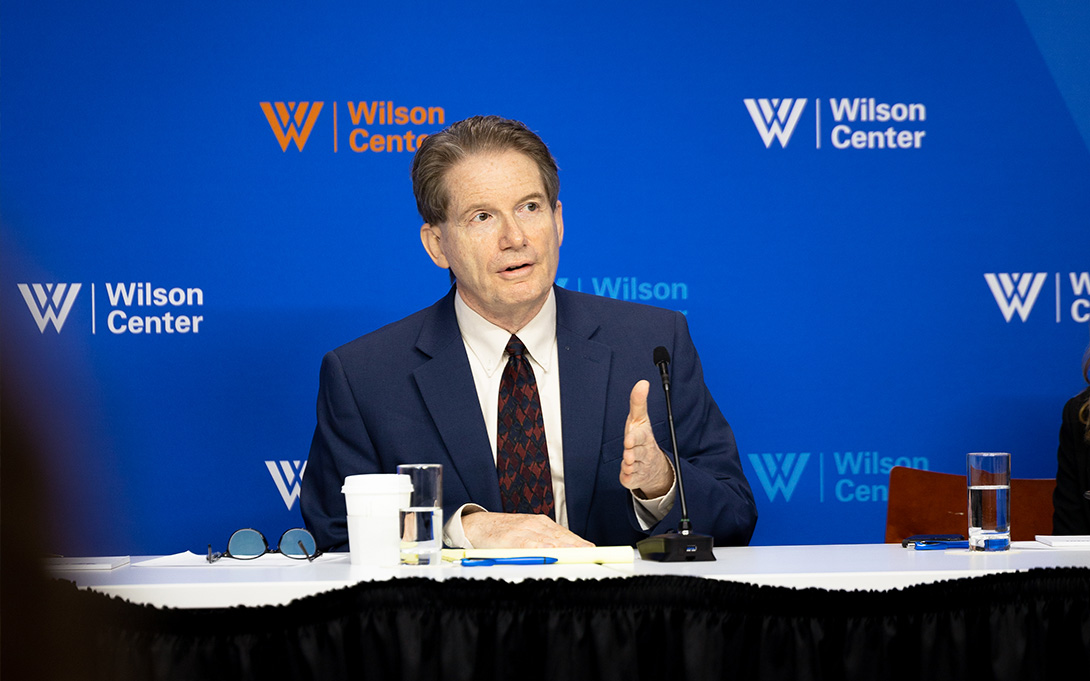
Despite ongoing geopolitical tensions, the United States and China have the opportunity to collaborate on reducing methane emissions, a critical greenhouse gas significantly contributing to about 30 percent of global warming.
Ford School political scientist Barry Rabe highlights how the leading greenhouse gas emitting nations are central to tackling this issue and have a shared interest in advancing methane reduction technologies, regulatory frameworks, and best practices.
Rabe details the history of U.S.-China collaboration on methane emissions, which began over two decades ago with discussions on advanced technologies for measuring and mitigating methane. Recent bilateral meetings in Beijing and California have amplified these conversations, yielding agreements to cooperate on methane and other short-lived climate pollutants, including hydrofluorocarbons (HFCs). This cooperative spirit has continued through global climate forums such as the COP28 in Dubai, with plans for further deliberations at the upcoming COP29 in Baku.
The U.S. and China have compelling reasons to collaborate on reducing methane emissions, partly due to their similar, moderate performance records. Pointing to data from a 2024 International Energy Agency report, Rabe indicates that both countries rank mid-tier among major oil and gas producers in methane emissions per unit of produced energy.
Both countries face intensifying pressures to improve their methane records, but domestic legal challenges and stakeholder interests make methane legislation difficult to achieve. The U.S. faces political gridlock and a polarized electorate that complicates implementing stricter methane regulations. China’s economic priorities, particularly in sustaining growth and energy security, may constrain its willingness to take aggressive action.
Rabe argues that both countries could benefit from sharing best practices, funding joint research initiatives, and supporting public-private partnerships that focus on methane abatement. Cooperation could extend to promoting transparency in reporting methane emissions, which would enhance accountability and credibility in global climate efforts.
Barry Rabe serves as a global fellow at the Wilson Center.
>>Read “Methane Emissions: Can the United States and China Find Common Ground?” published by the Wilson Center.
